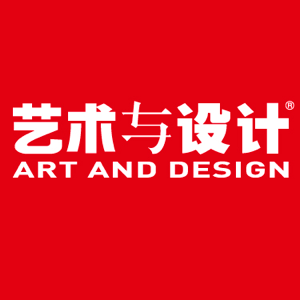
In the last decade, the Dieline Packaging Design Awards have gained increasing recognition and attention. Dieline has focused on the design of food and lifestyle packaging, and products that compete on supermarket shelves are often in the eyes of Dieline judges.
Judging from the award-winning packaging of Figlia olive oil and Notpla edible seaweed, the packaging of this year's competition can be divided into two categories in terms of creativity: first, "changing the soup without changing the dressing", which only reshaped the graphic design on the surface of the product;

The second is sustainable packaging design, some even starting from the product itself, from the inside out. Covet chocolate, which won the Niner Paper Art Award, is packaged like a regular chocolate bar. But when you unpack it, you'll find 18 stickers in the shape of the 'back of a chair' in the drawing on the package.After the sticker is attached, consumers can remove the pattern along the folding line and use it as a bookmark or coaster. "This unique functional design indirectly reduces the use of disposable packaging and increases brand awareness through product differentiation," said designer Zhang Meng.

Srisangdao Thai rice packaging design won first prize in the pre-processed food category.Different from ordinary plastic bag packaging, this paper-like packaging material is actually made of rice husk, which is molded and molded. The top of the box is embossed in the shape of rice, while the hollow design at the bottom is designed to be used as a tissue box when the rice bag is removed.

First prize winner Drinkfinity has captured the hearts of environmentalists with his single-use plastic bottle packaging. By combining the two major consumption concepts of "flavored drinks" and "self-carrying water bottles", the designer has upended the conventions of the industry. Drinkfinity's original BPA-free bottle is studded with the chemical BISphenol A to hold the top of the concentrated capsule. Simply put the capsule in, gently "squeeze" and shake the bottle, and a variety of flavours will be readily available. The capsules will consume 65 per cent less plastic than what consumers buy at the supermarket and reduce greenhouse gas emissions by 40 per cent.

First prize winner of Dieline's "Plastic-free Innovation of the Year" award, Pearl, a paper "FibreForm" packaging material to reduce the amount of plastic used in the beauty and skin care industry, does the same for Notpla edible seaweed packaging. Grow, the Swedish branding consultancy behind the design, says: "Thanks to 3D printing, even paper gives consumers an advanced look and feel that is comparable to packaging made from easily mouldable plastic." The rebranding of the Year award was won by classic British brand HAWS.
Bold characters, coupled with detailed illustration design, very eye-catching.

The dark green design on the paper skin package matches the gardening image very well. The size of the package is reduced by 20%, but the brand name is indirectly highlighted, and it is also easy to store and transport, reducing transport costs. Andy Pennock, co-founder of HAWS, said: "Consumers are choosing to use much less water with a watering can than with a hose. And watering cans have a long life, so they can be avoided. At the same time, there are physical and mental benefits to using a watering can. It nourishes the soul while enjoying the fresh air and exercising the body."
Good packaging design is the best marketing tool for a product.








